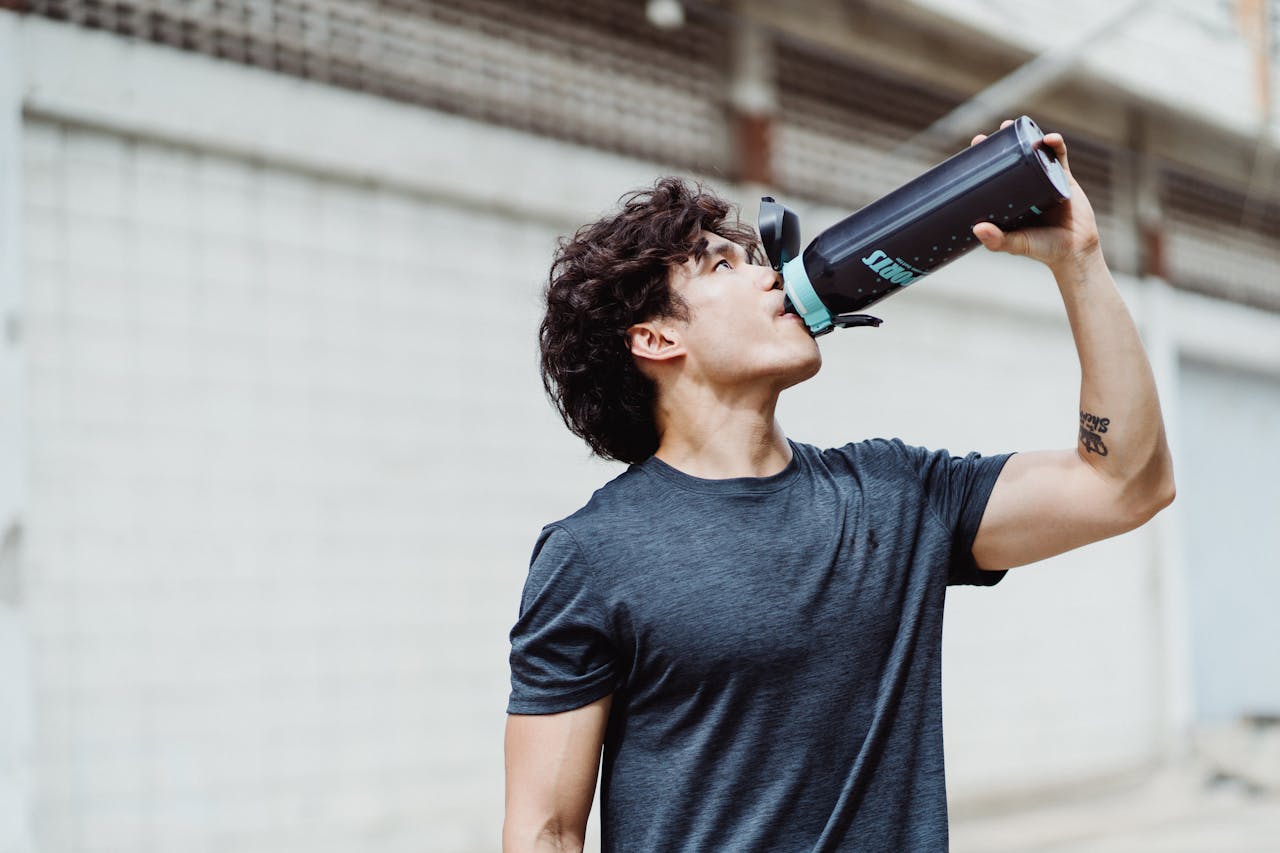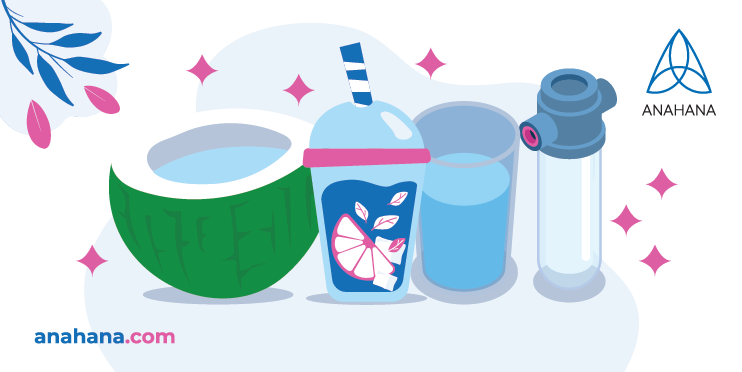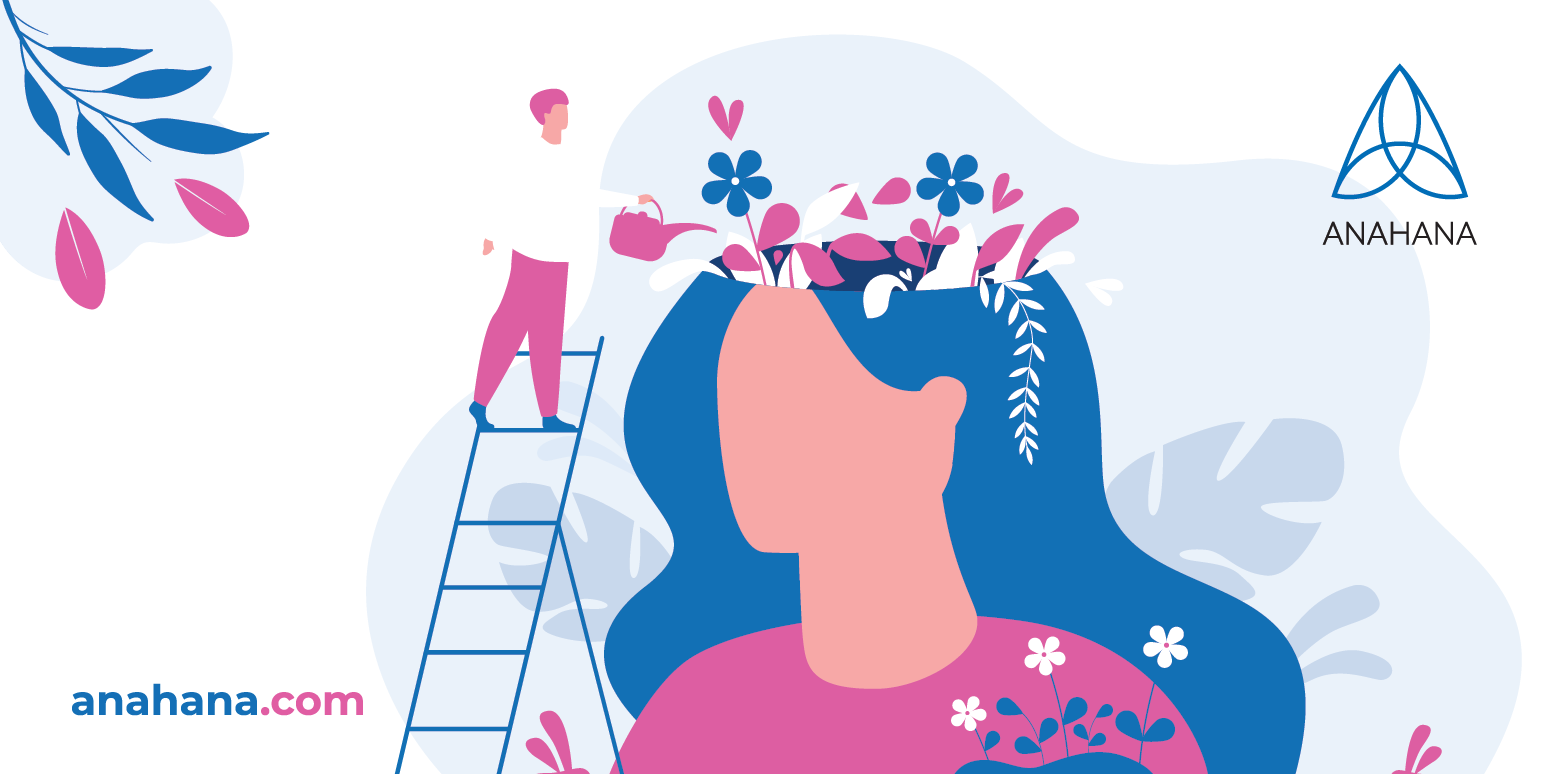
Table of Contents
Explore the critical role of hydration in maintaining overall health and wellness. Our comprehensive guide covers the benefits of staying hydrated, tips for adequate fluid intake, and the impact of hydration on bodily functions, performance, and well-being.
The Importance of Proper Hydration
Hydration is a cornerstone of health, often overshadowed by more talked-about aspects of diet and exercise.
Since our bodies are 75% water, understanding the importance of proper hydration in our daily lives is crucial for maintaining optimal health and well-being.
Why Do We Need to Stay Hydrated?
Staying hydrated is crucial for several reasons, as water plays a vital role in numerous bodily functions. Even mild dehydration can harm your physical and mental health. Here are some key reasons why maintaining proper hydration is essential:
- Enhances Physical Performance: Adequate hydration helps maintain endurance, strength, and power during physical activities while reducing the risk of fatigue and overheating.
- Supports Brain Function: Cognitive abilities such as concentration, alertness, and memory are positively influenced by proper hydration.
- Aids in Digestion and Nutrient Absorption: Efficient hydration assists in breaking down food, absorbing nutrients, and maintaining regular bowel movements.
- Improves Skin Health: Hydration is vital in maintaining skin moisture and elasticity, contributing to a healthier appearance.
- Regulates Body Temperature: Fluids help maintain a stable body temperature through sweating and respiration, especially in hot environments or during exercise.
- Promotes Kidney Function: Adequate fluid intake is essential for kidney health, helping eliminate waste products and reducing the risk of kidney stones.
- Supports Cardiovascular Health: Proper hydration helps maintain blood volume, allowing the heart to pump blood more efficiently and reducing the strain on the cardiovascular system.
- Weight Management: Sometimes, feelings of hunger can be signs of dehydration. Drinking fluids can aid in controlling appetite and assist in weight management efforts.
- Prevents Headaches: Dehydration is a common trigger for headaches and migraines; maintaining hydration can help reduce their frequency and severity.
Optimal Daily Water Intake
The amount of water an individual needs varies significantly based on many factors. Outlined below are some general guidelines for different groups.
Average Healthy Adults
The U.S. National Academies of Sciences, Engineering, and Medicine recommends a daily water intake of about 3.7 liters (15.5 cups) for men and 2.7 liters (11.5 cups) for women. This includes fluids from water, beverages, and food.
Athletes and Physically Active People
Athletes or those engaging in an intense exercise routine may need additional hydration to compensate for fluid loss through sweat.
The American Council on Exercise suggests drinking 17-20 ounces of plain water 2-3 hours before exercising, 8 ounces during warm-up, 7-10 ounces every 10-20 minutes during exercise, and 8 ounces within 30 minutes after exercising.
Pregnant and Breastfeeding Women
Pregnant women should aim for about 2.4 liters (10 cups), while breastfeeding mothers may need approximately 3.1 liters (13 cups) of fluids daily to prevent dehydration.
Older Adults
The body's sense of thirst may diminish with age, making older adults more prone to mild dehydration.
While individual fluid needs vary, a general guideline is around 1.7 liters (7 cups) per day, but this can be higher depending on health conditions and medications.
Children
For children, hydration needs vary with age, size, and activity level. A general recommendation is 1-1.5 liters (4-6 cups) for children aged 4-8 years, 1.5-1.9 liters (6-8 cups) for those aged 9-13, and 1.9-2.4 liters (8-10 cups) for teenagers aged 14-18.
Individuals with Specific Health Conditions
People with certain medical conditions like kidney stones, urinary tract infections, or chronic illnesses may have different hydration requirements. It's crucial to consult a healthcare provider for tailored advice.
Remember, these are general guidelines. Individual needs may vary based on climate, diet, and overall health. It's important to listen to your body and adjust your water intake accordingly.
Other Suitable Liquids to Drink

While water is the best and most efficient hydrator, other fluids can contribute to the daily hydration needs.
It's important to choose wisely, as some drinks can offer additional health benefits, while others might contain unwanted sugars or caffeine. Here's a look at some suitable liquid options:
- Herbal Teas: Free from caffeine, herbal teas can be a relaxing and hydrating choice. Options like chamomile, peppermint, or ginger tea provide a range of health benefits.
- Milk: A good source of calcium, protein, and other nutrients, milk can contribute to your fluid intake while offering nutritional benefits.
- Coconut Water: Known for its high electrolyte content, coconut water is a great choice for hydration, especially after physical activities.
- Fruit Juice: Opt for 100% fruit juices with no added sugars. These can be hydrating, but consuming them in moderation is best due to their high natural sugar content.
- Sports Drinks: Useful for athletes or those engaged in intense physical activity, as they replace electrolytes lost through sweat. Be mindful of their sugar and calorie content.
- Vegetable Juices: Fresh vegetable juices, especially low in sodium, can be a healthy and hydrating choice, providing vitamins and minerals.
- Flavored Water: Infused waters with natural flavors from fruits or herbs can make for a refreshing and hydrating drink.
- Diluted Drinks: Diluting fruit juices or sports drinks with water can decrease sugar content while still providing taste and hydration.
- Caffeinated Beverages: In moderation, drinks like coffee and tea can contribute to your daily fluid intake. However, excessive caffeine can lead to dehydration, so balance is key.
While these liquids can contribute to hydration, water should still be the primary source of fluids. Also, it's essential to consider the nutritional content and overall health impact of these beverage choices.
Liquids to Avoid
While many liquids contribute positively to your hydration, some can adversely affect your body weight, water balance, or overall health. Here are some types of drinks best consumed sparingly or avoided:
- Sugar-sweetened beverages
- Excessive alcohol
- High-caffeine energy drinks
- Very sweet fruit juices
- Creamy or rich dairy drinks
- Artificially sweetened drinks
- Concentrated sports drinks
- Pre-packaged coffee and tea drinks
Opting for healthier, more hydrating beverages can significantly impact overall health and well-being.
Signs of Dehydration

Dehydration occurs when the body loses water faster than it takes in. It's not always easy to recognize, but knowing the early signs can prevent more serious complications. Here are the signs you might need to drink water ASAP:
- Thirst
- Dark yellow urine
- Fatigue or dizziness.
- Dry mouth and lips
- Headaches
- Reduced urination
- Rapid heartbeat and breathing
- Poor skin elasticity
Recognizing these signs is crucial in addressing the risk of dehydration very early. Noticing any of these symptoms, especially in combination, it's essential to increase fluid intake.
However, if symptoms persist or worsen, seeking medical attention is advised.
Frequently Asked Questions
How Much Water Do You Need?
Determining the right amount of water intake is crucial for good health. The body depends on regular and sufficient hydration to work properly, from mental clarity to muscle endurance to bowel movements. Healthy people drink enough water.
What Does Good Hydration Mean?
Good hydration means maintaining a balance by consuming enough fluids to replace the fluid you lose daily through sweating, breathing, and urinating. It's not just about drinking water; it's about ensuring your body has enough fluids to function optimally.
How to Hydrate Yourself?
To hydrate yourself effectively and prevent severe dehydration, you should:
- Drink enough fluid regularly throughout the day.
- Include watery foods, water-rich fruits and vegetables in your diet.
- Monitor the color of your urine; it should be light yellow.
- Drink more fluids when exercising or in hot weather.
References
Water, hydration, and health | Nutrition Reviews | Oxford Academic
Hydration, Hydration, Hydration | Annals of Work Exposures and Health | Oxford Academic
Hydration: Issues for the 21st Century | Nutrition Reviews | Oxford Academic
How Hydration Affects Performance
Disclaimer
The contents of this article are provided for informational purposes only and are not intended to substitute for professional medical advice, diagnosis, or treatment. It is always recommended to consult with a qualified healthcare provider before making any health-related changes or if you have any questions or concerns about your health. Anahana is not liable for any errors, omissions, or consequences that may occur from using the information provided.

By: Clint Johnson
Clint is the driving force and founder of Anahana. Clint teaches Yoga, Pilates, mindful breathing, and meditation, catering to a global community of students and teachers.